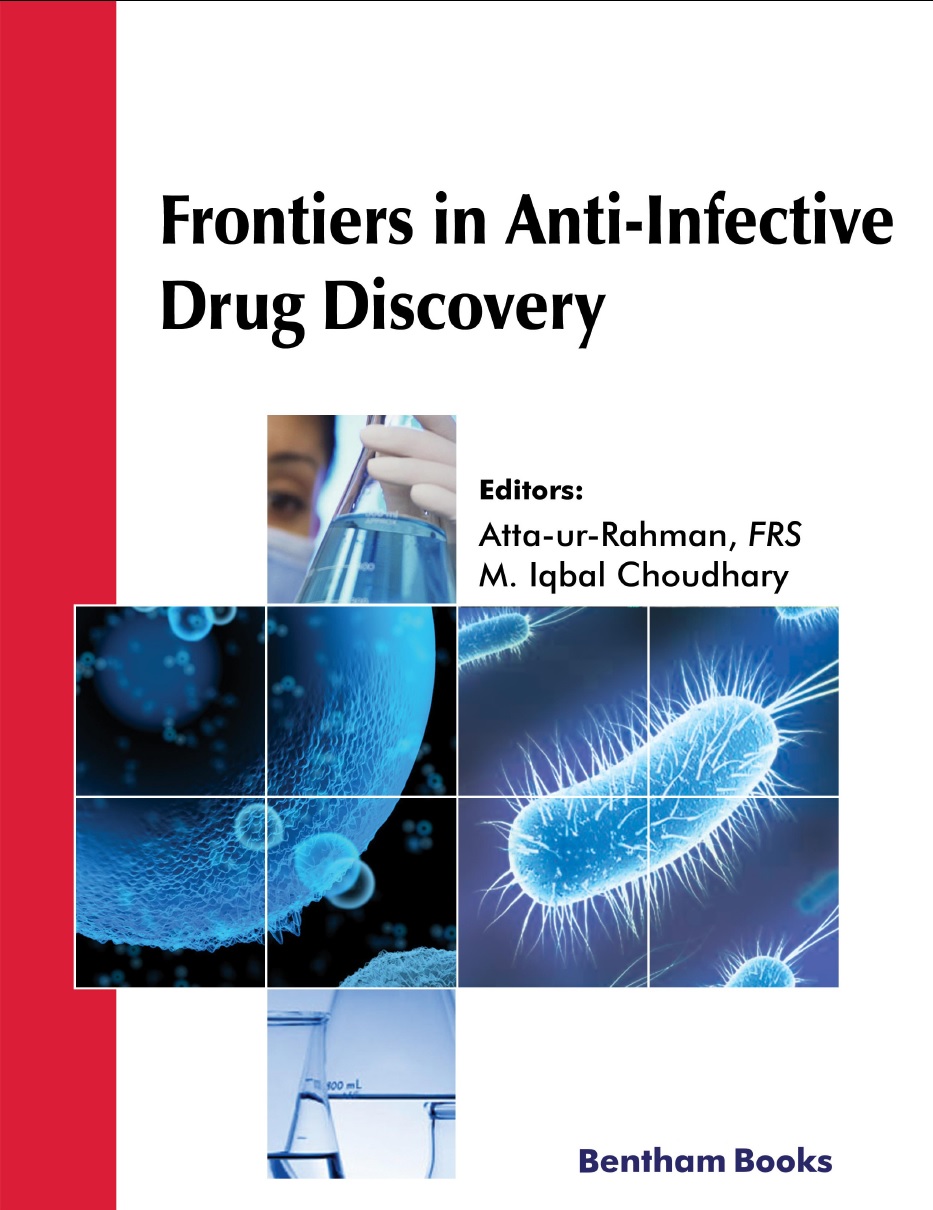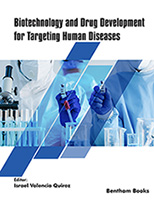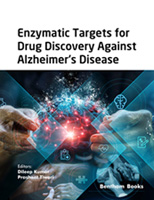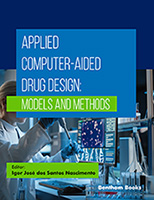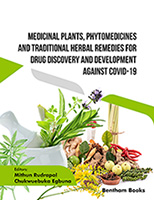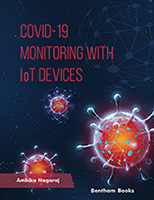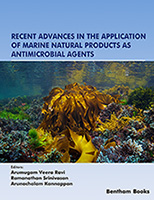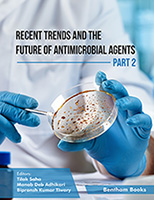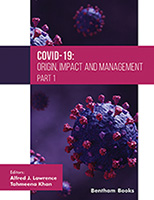Introduction
This book series brings updated reviews to readers interested in advances in the development of anti-infective drug design and discovery. The scope of the book series covers a range of topics including rational drug design and drug discovery, medicinal chemistry, in-silico drug design, combinatorial chemistry, high-throughput screening, drug targets, recent important patents, and structure-activity relationships.
Frontiers in Anti-Infective Drug Discovery
is a valuable resource for pharmaceutical scientists and post-graduate students seeking updated and critically important information for developing clinical trials and devising research plans in this field.
The eighth volume of this series features 8 chapters that cover methods for antimicrobial drug discovery (with 2 chapters that focus on genomics) as well as updates on drug development against Helicobacter pylori and emerging coronaviruses, among other interesting topics:
- Eradication of Helicobacter pylori Infection with Non-Bismuth Quadruple Concomitant Therapy
- Drug Discovery Strategies Against Emerging Coronaviruses: A Global Threat
- Opportunities Offered By Fragment-Based Drug Design in Antibiotic Development
- Phage therapy as a Tool for Control of Foodborne Diseases: Advantages and Limitations
- Subtractive Genomics Approaches: Towards Anti-Bacterial Drug Discovery
- Recent Advances in the Discovery of Antimicrobials through Metagenomics
- Phyto-Nano-Antimicrobials: Synthesis, Characterization, Discovery, and Advances
- Aptamers as Anti-infective Agents

